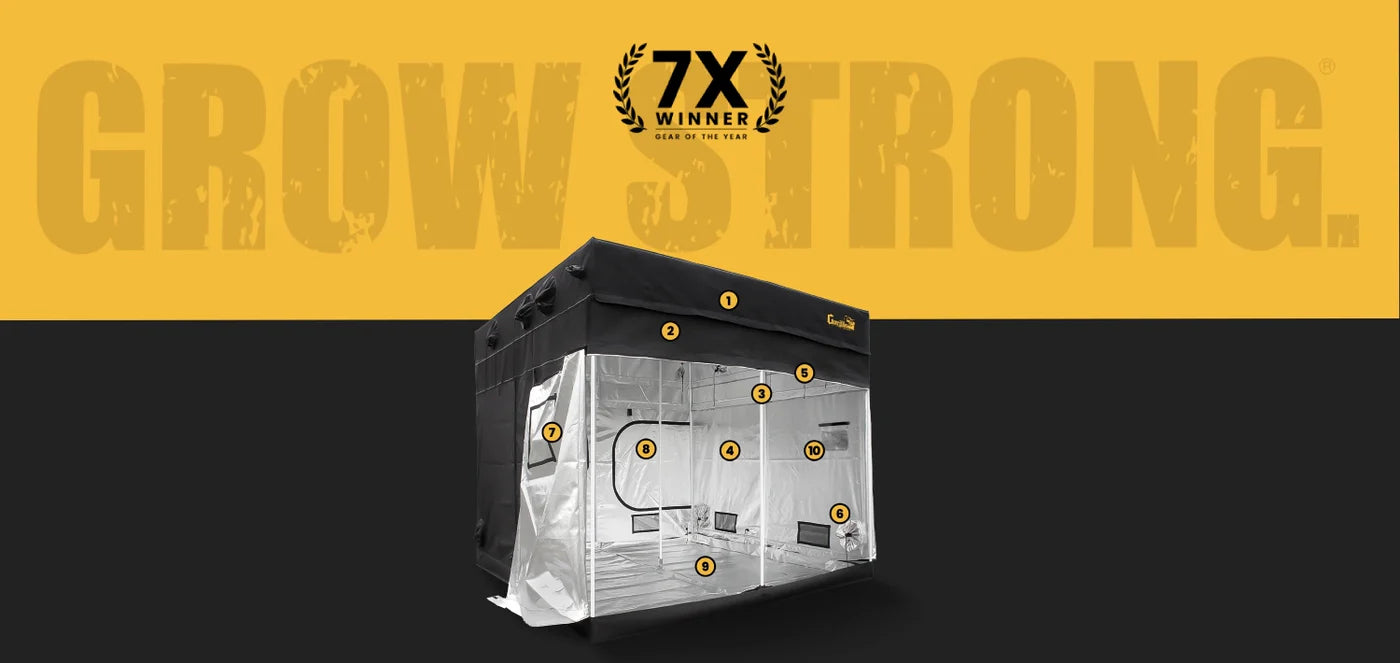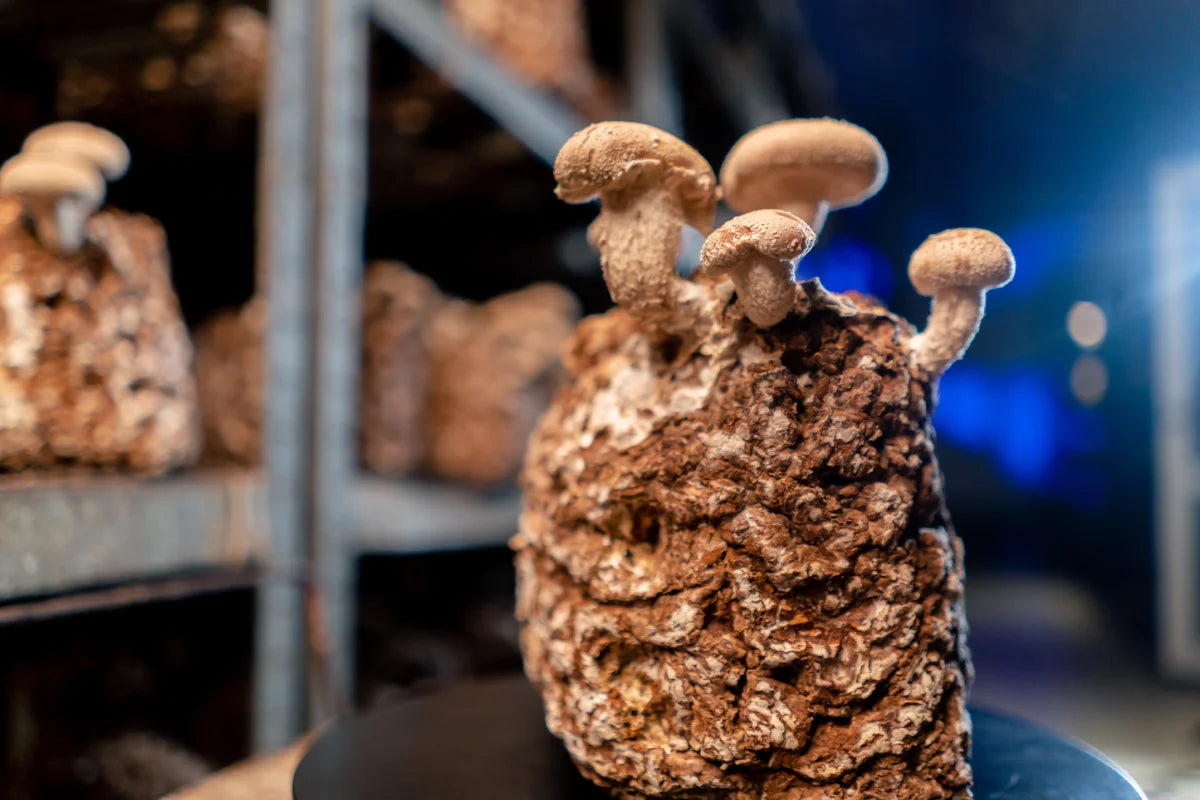
General Hydroponics Nutrients: Complete Solution for Thriving Plants
Maximizing Plant Growth with General Hydroponics Nutrients
Hydroponics, the method of growing plants without soil, has gained significant popularity in recent years due to its efficiency and ability to produce high yields in controlled environments. One of the critical components of successful hydroponic gardening is the use of appropriate nutrients. General Hydroponics, a leading brand in the hydroponic industry, offers a range of nutrient solutions designed to optimize plant growth and health. This comprehensive guide will explore the importance of General Hydroponics nutrients, how they work, the various product lines available, and best practices for their use.
Understanding Hydroponic Nutrients
Hydroponic systems rely on nutrient solutions to provide plants with the essential elements they need for growth. Unlike traditional soil-based gardening, where plants extract nutrients from the soil, hydroponic systems deliver nutrients directly to the plant roots through water. This method allows for precise control over nutrient levels, leading to faster growth rates and higher yields.
Essential Nutrients for Hydroponic Plants
Plants require a variety of nutrients for optimal growth, divided into macronutrients and micronutrients:
- Macronutrients: These are needed in larger quantities and include:
- Nitrogen (N): Essential for leaf and stem growth, chlorophyll production, and overall plant vigor.
- Phosphorus (P): Important for root development, flower and fruit production, and energy transfer.
- Potassium (K): Crucial for overall plant health, water uptake, and disease resistance.
- Secondary Macronutrients: Needed in moderate amounts:
- Calcium (Ca): Vital for cell wall structure and stability.
- Magnesium (Mg): Central component of chlorophyll and involved in enzyme activation.
- Sulfur (S): Necessary for protein synthesis and enzyme function.
- Micronutrients: Required in smaller quantities but still essential:
- Iron (Fe): Important for chlorophyll synthesis and enzyme function.
- Manganese (Mn): Involved in photosynthesis, respiration, and nitrogen assimilation.
- Zinc (Zn): Essential for enzyme function and protein synthesis.
- Copper (Cu): Important for photosynthesis and lignin synthesis.
- Boron (B): Necessary for cell wall formation and reproductive growth.
- Molybdenum (Mo): Involved in nitrogen fixation and enzyme function.
General Hydroponics Nutrient Lines
General Hydroponics offers several nutrient lines designed to meet the specific needs of hydroponic plants at different growth stages. Each product line is formulated to provide balanced nutrition, ensuring that plants receive all the essential elements they need for robust growth.
Flora Series
The Flora Series is one of General Hydroponics' flagship nutrient lines and is widely used by both amateur and professional growers. It consists of three components:
- FloraGro: High in nitrogen and potassium, FloraGro promotes vigorous vegetative growth, supporting the development of stems and leaves.
- FloraBloom: Rich in phosphorus, FloraBloom enhances flower and fruit production, making it ideal for the flowering and fruiting stages.
- FloraMicro: The foundation of the Flora Series, FloraMicro provides essential micronutrients and additional nitrogen, potassium, and calcium.
The Flora Series allows growers to tailor nutrient ratios to the specific needs of their plants by adjusting the mix of FloraGro, FloraBloom, and FloraMicro. This flexibility makes it suitable for a wide range of plants and growth stages.
Maxi Series
The Maxi Series offers a simplified approach to hydroponic nutrition with two dry, water-soluble formulas:
- MaxiGro: Designed for the vegetative stage, MaxiGro promotes robust growth with a balanced mix of macronutrients and micronutrients.
- MaxiBloom: Formulated for the flowering and fruiting stages, MaxiBloom enhances bud development and increases yields with a high phosphorus and potassium content.
The Maxi Series is convenient for growers who prefer a straightforward nutrient regimen without the need for multiple components.
FloraNova Series
FloraNova combines the simplicity of a one-part nutrient with the performance of a complex nutrient system. It consists of two formulas:
- FloraNova Grow: This formula supports vigorous vegetative growth with a blend of primary, secondary, and micronutrients.
- FloraNova Bloom: Designed for the flowering and fruiting stages, FloraNova Bloom enhances flower and fruit production with a balanced nutrient profile.
The FloraNova Series is highly concentrated, requiring lower application rates compared to other nutrient solutions, making it cost-effective and easy to use.
Other Specialized Products
In addition to its primary nutrient lines, General Hydroponics offers several specialized products to address specific plant needs and environmental conditions:
- CaliMagic: A calcium and magnesium supplement that prevents nutrient deficiencies and promotes healthy growth, particularly in plants that require higher levels of these nutrients.
- Armor Si: A silica supplement that strengthens plant cell walls, enhances resistance to pests and diseases, and improves overall plant structure.
- Floralicious Plus: A concentrated blend of nutrients, vitamins, amino acids, and beneficial microbes that boosts plant growth, enhances flavor, and increases yields.
- Liquid KoolBloom and Dry KoolBloom: Bloom enhancers that promote prolific flowering and fruiting, increasing the size and quality of harvests.
Best Practices for Using General Hydroponics Nutrients
To achieve the best results with General Hydroponics nutrients, it's essential to follow best practices for nutrient application and hydroponic system maintenance.
Proper Mixing and Dosage
Accurate mixing and dosing of nutrients are crucial for maintaining the correct nutrient balance. Follow the manufacturer's guidelines for mixing ratios and adjust based on the specific needs of your plants. It's essential to use clean, non-chlorinated water and ensure that all components are thoroughly dissolved before adding them to the hydroponic system.
Monitoring pH and EC Levels
Maintaining the correct pH and electrical conductivity (EC) levels in the nutrient solution is vital for nutrient uptake and plant health. The optimal pH range for most hydroponic plants is between 5.5 and 6.5. Regularly monitor and adjust the pH using pH Up or pH Down solutions as needed. EC levels should also be monitored to ensure that nutrient concentrations are within the recommended range for the specific growth stage of your plants.
Regular System Maintenance
Regular maintenance of your hydroponic system is essential for preventing nutrient imbalances and ensuring optimal plant health. This includes:
- Cleaning: Periodically clean the nutrient reservoir, pumps, and tubing to prevent the buildup of algae, bacteria, and mineral deposits.
- Reservoir Changes: Change the nutrient solution in the reservoir regularly, typically every one to two weeks, to prevent nutrient imbalances and ensure a fresh supply of nutrients.
- System Checks: Regularly inspect your hydroponic system for leaks, blockages, and other issues that could affect nutrient delivery and plant health.
Tailoring Nutrient Regimens
Different plants and growth stages require specific nutrient ratios for optimal growth. Adjust your nutrient regimen based on the type of plants you are growing and their current growth stage. For example, leafy greens may require higher nitrogen levels during the vegetative stage, while fruiting plants may need increased phosphorus and potassium during the flowering and fruiting stages.
Using Supplements Wisely
General Hydroponics offers various supplements to enhance plant growth and address specific deficiencies. Use these supplements as needed, based on your observations of plant health and growth. Overuse of supplements can lead to nutrient imbalances, so it's important to follow recommended dosages and monitor plant responses.
Troubleshooting Common Issues
Even with the best practices, hydroponic growers may encounter issues related to nutrient management. Here are some common problems and their solutions:
- Nutrient Deficiencies: Symptoms such as yellowing leaves, stunted growth, or poor fruit development may indicate nutrient deficiencies. Identify the specific deficiency and adjust your nutrient regimen or add appropriate supplements to address the issue.
- Nutrient Burn: Over-fertilization can lead to nutrient burn, characterized by brown or scorched leaf edges. Reduce nutrient concentrations and flush the system with clean water to prevent further damage.
- pH Imbalances: Incorrect pH levels can impair nutrient uptake and lead to deficiencies or toxicities. Regularly monitor and adjust pH levels to maintain the optimal range for your plants.
- Algae Growth: Algae can thrive in nutrient-rich water exposed to light. Keep the nutrient reservoir covered and clean regularly to prevent algae growth.
Conclusion
General Hydroponics nutrients provide a reliable and effective solution for hydroponic growers seeking to maximize plant growth and yields. By understanding the essential nutrients required by plants, choosing the appropriate General Hydroponics nutrient line, and following best practices for nutrient application and system maintenance, growers can achieve outstanding results. Whether you are a hobbyist or a professional, leveraging the power of General Hydroponics nutrients can elevate your hydroponic gardening to new heights, ensuring healthy, vibrant plants and bountiful harvests.


